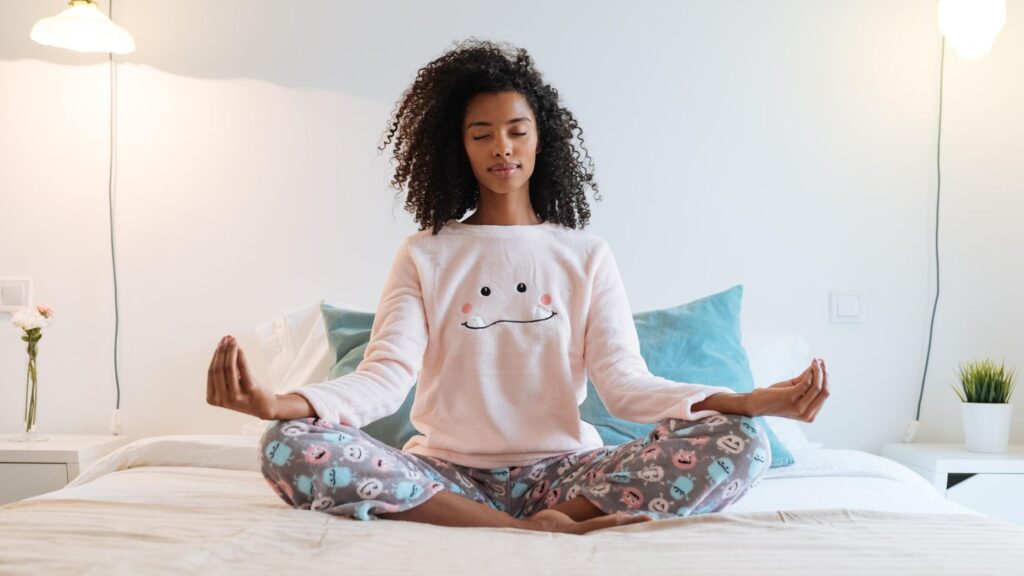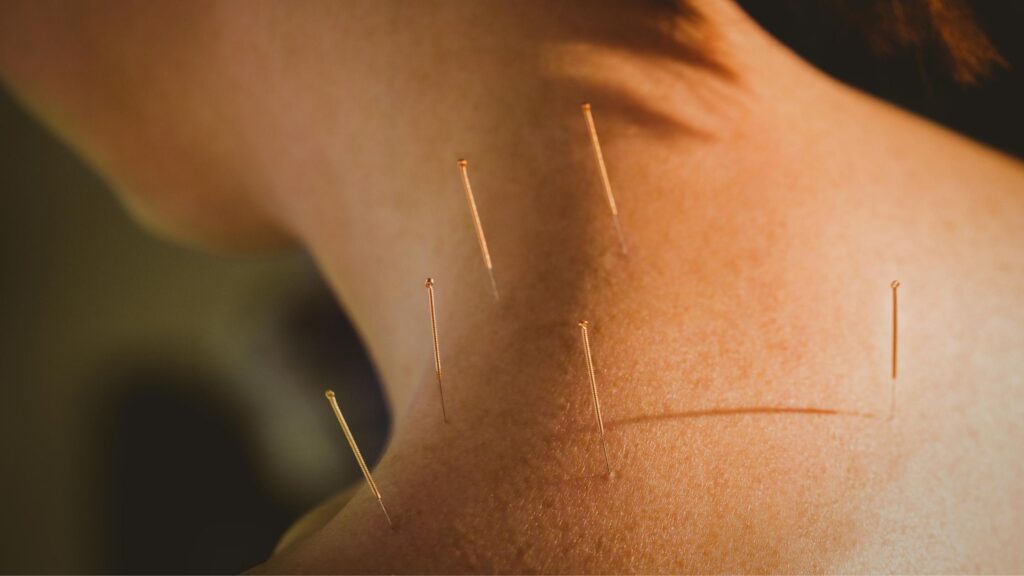7 Healthy Sleeping Tips
Never underestimate the importance of a good night’s sleep. Did you know that having poor sleep quality regularly can take a toll on your hormones, exercise performance and brain function? More profound consequences such as obesity, heart disease, high blood pressure and diabetes can also occur from sleep deprivation, which should never be taken lightly. In fact, a good night’s sleep is just as important as regular exercise and a healthy diet!
I’m sure you know by now that most adults need 7 to 8 hours of sleep to function properly. Here are some tips that you should follow if you want to have better sleep at night. Once you make it a habit to get good sleep every night, you will instantly feel healthier!

Avoid Drinking Caffeine Late in the Day
Almost everybody enjoys their usual cup of joe every morning and caffeine undoubtedly also has numerous benefits such as enhancing focus and energy. However, when caffeine is consumed after 3 to 4pm, it stimulates your nervous system and stops your body from naturally relaxing at night.
So, it is recommended to only have your caffeine intake in the morning or early afternoon as caffeine can stay in your blood for 6 to 8 hours. If you really do crave for a cup of coffee in the late afternoon or evening, why not opt for a cup of decaffeinated coffee?

Pay Extra Attention to Your Dinner
What we eat and when we eat affects our sleep as well. Indulging in spicy or fatty foods too close to slumber can put a strain on your stomach to digest and makes it harder for your body to relax and drift off to sleep. Hence, it’s important to make good nutrient choices such as adding more fiber and reducing saturated fat and sugar, for our dinner.
The timing of food consumption can also affect sleep. Nutritionists recommend that we wait about 3 hours between our last meal and bedtime to allow digestion. We face the risk of getting heartburn if we pass up the delay and lie on our bed immediately after the meal. Food can also signal wakefulness in the brain and interfere with your ability to fall asleep.

Be Consistent with Your Sleep and Waking Times
While it’s tempting to sleep in on the weekends after waking up early on the weekdays, irregular sleeping patterns can also influence your sleep quality. It can alter your circadian rhythm and levels of melatonin, which signal your brain to sleep. If your sleeping pattern is inconsistent now, try setting an alarm to start your day early and going to bed early. Repeat this for several weeks and you may not even need an alarm anymore.

Relax and Clear Your Mind
At the end of the day, allow yourself some time to decompress and wind down. Let go of all your worries and stress by doing something you genuinely enjoy and find relaxing as your brain is preparing for sleep about 2 hours before your usual bedtime. But don’t wind down with your computer, tablet or smartphones! The exposure from a blue light-emitting device can disrupt the melatonin rhythm. If you decide to catch up on your shows, try watching it from a television instead. The TV should be far enough away from the eyes and will not give off the same type of light that other hand-held devices emit.

Exercise Regularly
Exercise offers more benefits than most drugs! Although daily exercise is key to a good night’s sleep, performing it too late in the day may also cause sleep problems as it can increase alertness and stimulate hormones such as epinephrine and adrenaline. Hence, the best way to ensure a good night’s sleep is to have regular exercise during daylight hours.

Reduce Fluid Intake in The Late Evening
We all know that hydration is vital to your health. However, having a large fluid intake before bed can also affect your sleep quality and daytime energy. Excessive urination at night, also known as Nocturia, can interrupt your sleep as you would need to frequently wake up in the night to use the bathroom. To have your sleep uninterrupted for 7 to 8 hours, make sure to reduce your fluid intake in the late evening and try to use the bathroom right before bed.

TCM Acupuncture
Insomnia is a result of an imbalance of yin and yang qi. TCM acupuncture can help restore balance to your system by selecting specific acupuncture points, accompanied by personalised herbal medicine to accommodate the unique needs of each individual. Acupuncture can help to reduce sympathetic nervous system activity and increase melatonin secretion, which will definitely help to give you a good night’s sleep.
Now that you’re aware of the habits to improve your sleep quality, its time for you to start addressing what may be impacting your sleep!